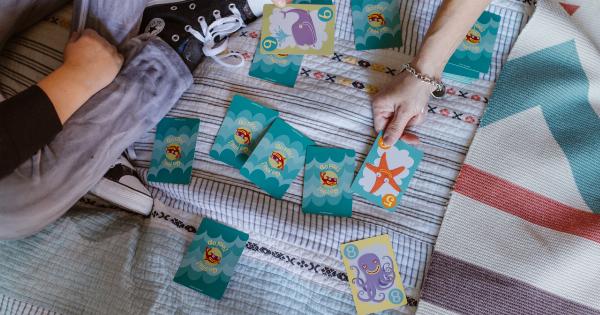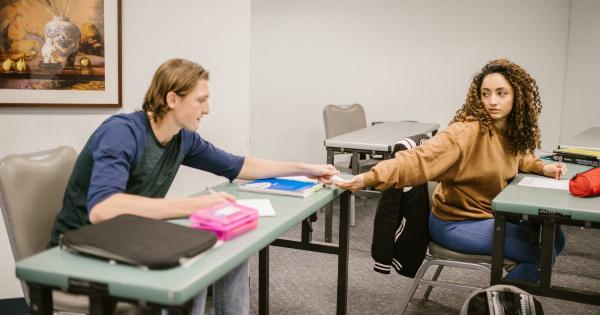The 20s are an exciting time when you get to explore, experiment, and experience life in new and exciting ways. You have more freedom, independence, and responsibility than ever before.
But once you hit your 30s, you may feel like you’ve hit a plateau and aren’t growing and learning as much as you used to. However, it’s never too late to continue growing and learning. In this article, we’ll explore some ways of how to keep growing and learning after your 20s.
1. Get outside of your comfort zone
When you’re in your 20s, you’re more likely to take risks and try new things, but once you hit your 30s, you may become more risk-averse and comfortable with what you know.
However, getting outside of your comfort zone is essential to personal growth and development.
Try new things that are challenging and intimidating to you. It could be something as small as trying a new food or as big as switching careers. By stepping outside of your comfort zone, you’re forcing yourself to learn, adapt, and grow.
2. Read books and articles
Reading is one of the best ways to continue learning and growing. There are millions of books and articles out there waiting for you to explore. Whether it’s fiction or non-fiction, reading can open your mind to new ideas and perspectives.
Make it a habit to read every day, even if it’s just for a few minutes. Set a goal to read a certain number of books or articles per month.
You can also join a book club or start one with your friends to discuss what you’ve read and learn from one another.
3. Learn a new skill
Learning a new skill not only adds value to your career but also allows you to continue growing and developing personally. There are many skills you can learn, whether it’s cooking, coding, or a new language.
Take a class, watch a tutorial online, or get a tutor to help you learn. Practicing your new skill regularly will help you improve, and you may even find new interests and hobbies along the way.
4. Travel and explore
Traveling and exploring new places can teach you about different cultures, lifestyles, and ways of thinking. Whether it’s domestic or international, traveling can broaden your horizons and expose you to new situations and challenges.
When you travel, try to immerse yourself in the local culture by trying new foods, learning the language, and engaging in local activities. Traveling solo can also be an excellent way to challenge yourself and learn more about yourself in the process.
5. Volunteer
Volunteering is an excellent way to learn new skills, meet new people, and give back to your community. There are many opportunities to volunteer, whether it’s at a local shelter, a community garden, or a charity event.
Volunteering allows you to see the world from a different perspective and gain a better understanding of the people and challenges in your community. Plus, it’s a great way to make a positive impact on the world.
6. Network and mentor
Networking and mentorship can help you continue learning and growing in your career. Attend industry events, join professional associations, and connect with other professionals in your field.
Finding a mentor can also be a valuable resource for personal growth and development. A mentor can provide guidance, support, and advice based on their own experiences, which can help you navigate your own career path more effectively.
7. Pursue education
Continuing education can help you stay up to date with the latest trends, technologies, and best practices in your industry.
There are many options for continuing education, whether it’s taking a course at a local college or pursuing a degree online.
Pursuing education can also demonstrate to your employers and colleagues that you’re committed to personal and professional growth, which can open up new opportunities for advancement and leadership roles.
8. Attend workshops and seminars
Workshops and seminars are great opportunities to learn from experts in your field. They can offer hands-on experience, practical advice, and networking opportunities.
Attend workshops and seminars that align with your interests and goals, and be sure to participate actively by asking questions, networking with others, and sharing your own experiences and insights.
9. Reflect and self-analyze
Personal growth and development require self-reflection and self-analysis. Take some time to reflect on your goals, values, strengths, and weaknesses. Evaluate your progress and identify areas for improvement.
Journaling, meditation, and self-help books can be useful tools for self-reflection and self-analysis. Consider seeking the help of a therapist or coach if you need additional support and guidance.
10. Embrace change and uncertainty
Finally, it’s critical to embrace change and uncertainty if you want to continue growing and learning after your 20s.
Life is full of unexpected twists and turns, but it’s how you respond to those challenges that define your character and shape your future.
Be open to new experiences and opportunities, and be willing to take risks and make mistakes. Embrace uncertainty as an opportunity to learn, grow, and develop your resilience.





























